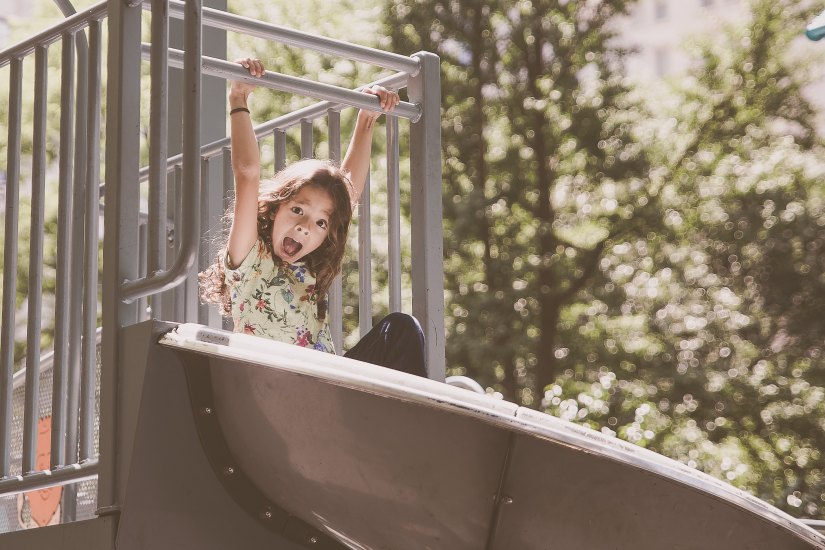Bud Hunt’s Blog Post and Logan LaPlante’s TED Talk had very interesting points. They both focused on a system of school that was different than the traditional system that we have now. Their system focuses more on what the students want to do and how the students want to learn, rather than our system now that tries to get all students to learn the exact same way. In my future classroom, I want to involve learning based play into my classroom. I believe that play, as defined by Bud Hunt, “freedom within constraints” is a very useful tool in the classroom. It will allow students to take some of their learning into their own hands and do it how it works best for them. I believe that we need to stray away from the idea that every student learns the same way, because frankly, they don’t. Each student has ways that they learn best and different interests that, when combined with school, can help them learn the best. I want students to be able to learn more about what they are passionate about and incorporate into their learning as much as possible.

Photo by Patricia Prudente on Unsplash
After reading this article, watching the video, and being told similar ideas by many professors, I want to know more about HOW to incorporate these ideas into my classroom. I have been told so many times to incorporate learning based play and research showing that it works best. However, I have never been taught how to do incorporate it in my classroom. I sit in these classes and hear professors every year tell me to let kids do more of what they want, give them more freedom, and they will learn better. However, I’m never told how to do follow that advice; I am never taught how to use learning based play. I have only been taught how to do that in a preschool classroom and their standards are mostly social skills and physical skills, unlike the only academic skills that start in kindergarten.
I think that it is easier to incorporate these ideas into writing and reading because students can apply to whatever they are passionate about into basically any kind of writing or be allowed to read about what they want. How do we incorporate these ideas into math, social studies, or science? We have to teach to standards and the standards don’t allow for much wiggle room when it comes to incorporating ideas that the students have. I think that both of these posts gave great ideas and spoke more on what I have already been taught. I love the idea of incorporating play and students’ passions into my classroom and I want to provide that for my students.

I like the definition of play: freedom with constraints. To incorporate this in the classroom will be an interesting dynamic for the school. Many education systems think they know what these young people need to learn, however I think it would be helpful to learn the fundamentals in way that is engaging and full of experience for the students.
LikeLike
I think that students learn better if the activities are more engaging. It is also harder to cheat because they have to be involved in the entire experience to get the grade, not just producing the correct answers.
LikeLike